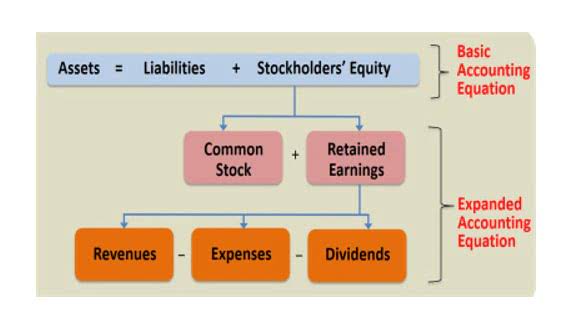Budgeting Principles of Managerial Accounting

The sales budget, which is based on the sales forecast, is the first schedule to be created. The sales budget is usually different from the sales forecast and is adjusted based on managerial judgment and other data. Any item that is not in cash, such as depreciation, is ignored by the cash budget. For example, maybe you overestimated your sales and over-spent on ingredients that ended up in the trash.
This helps businesses identify potential risks and areas where they can cut costs, allowing them to better understand their financial standing in times of crisis. External factors, such as changes in the market or unexpected events, can also pose a challenge when preparing a master budget. These factors can impact sales, production costs, and other key areas, making it difficult to create accurate projections. The production budget is a plan for the number of new products or services a business aims to manufacture. It is based on the sales forecast and considers the inventory levels, production capacity, and production efficiency.
Chapter 7: Budgeting
A business might also want to keep a minimum level of cash in case of emergencies. This chapter cannot cover all areas of budgeting in detail—entire books have been written on budgeting. However, the following video provides an overview of a budgeting procedure that many successful companies have used.
Alli Oop wants to maintain a desired ending finished goods inventory in the current quarter equal to 20% of the next quarter’s production. The company began the first quarter of year 2 with 1,600 basketballs in the beginning finished goods inventory. In the first quarter of year 3, the desired ending finished goods inventory is projected to be 1,200 basketballs. As demonstrated in Exhibit 6-1, the budgets are interrelated with some budgets feeding into other budgets. We begin the budget process by discussing the planned operating budget or projected income statement.
Practice Video Problem 6-1: Sales and production budgets
To explore how to prepare a master budget, first, a look must be taken at the master budget components. The three major components that will be explained in more detail are the operating budgets, capital expenditures budgets, and financial budgets. Income-generating activities are listed out in a sales budget, while annual expenses are documented in labor, general administrative, a master budget consists of and production budgets. The inputs of all of these budgets are used to compile high-level financial statements that show a company’s total sales, expenses, and profits. Data analytics tools can help businesses analyze financial data to identify trends, patterns, and anomalies. This information can be used to create more accurate and realistic budgets.

Homework questions can be assigned, with auto-grading and export, to specific learning management platforms, e.g., Canvas, Blackboard, etc. Simply subtract the actual amount spent from the budgeted amount for each line item to compute budget variances. Take your skills to the next level and unlock your full potential with the Financial Analyst Career Track. Our expert-led courses provide real-life case studies, along with many practical examples and quizzes. You need the schedule of expected inflows from clients and outflows to suppliers to calculate the net cash position of the firm. 6 templates to manage your business, personal, and program spend on an annual, quarterly, and monthly basis.
How Do Businesses Ensure That Their Master Budget Aligns With Their Strategic Goals?
Existing information regarding fixed manufacturing costs are combined with variable manufacturing costs to determine the manufacturing overhead budget. The information from the sales budget is used to determine the sales and administrative budget. Finally, the sales, direct materials, direct labour, fixed manufacturing overhead budget, and sales and administrative budgets are used to develop a pro-forma income statement. Most organisations will create a master budget—whether that business is large or small, public or private, or a merchandising, manufacturing, or service company. A master budget is one that includes two areas, operational and financial, each of which has its own sub-budgets. The operating budget spans several areas that help plan and manage day-to-day business.
- After the production budget is prepared the direct labor budget is prepared.
- Like the budgeted income statement, the budgeted balance sheet uses information from the other budget components.
- By regularly reviewing and updating the master budget, businesses can make informed decisions about their operations.
- This involves aggregating all of the separate budget items and ensuring that they are aligned with the overall goals and objectives of the business.
- This is particularly important during times of crisis, when businesses may experience cash flow disruptions.
- It serves as a roadmap for the business’s financial activities and guides the decision-making process of managers and executives.
